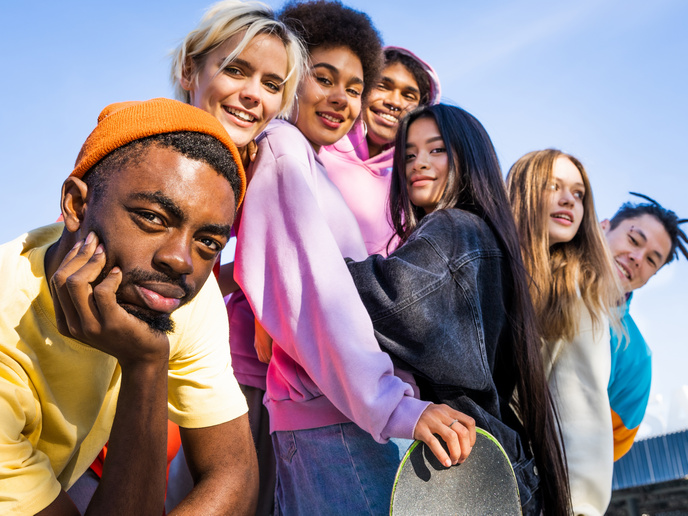Are you cool? Just ask science
From James Dean to Taylor Swift, what is it about someone that makes them cool? An international research team measured coolness in a dozen countries around the world to find out. They also examined if characteristics associated with cool people vary from culture to culture. The findings were published in the ‘Journal of Experimental Psychology’(opens in new window).
Do we agree about what it means to be cool?
The researchers conducted experiments between 2018 and 2022 with almost 6 000 participants from Australia, Chile, China, Germany, India, Mexico, Nigeria, South Africa, South Korea, Spain, Turkey and the United States. The respondents had to come up with someone who they thought was cool, not cool, good or not good. Next, they were asked to rate their personality and values. The team of researchers used the results to look at how cool people are different from uncool people and good people. The study identified six core character traits of cool people, regardless of age, gender or education. They are powerful, hedonistic, adventurous, autonomous, open and extraverted. “The most surprising thing was seeing that the same attributes emerge in every country,” co-lead researcher Todd Pezzuti, associate professor of marketing at Chile’s Universidad Adolfo Ibáñez, told ‘CNN’(opens in new window). “Regardless of whether it’s China or Korea or Chile or the US, people like people who are pushing boundaries and sparking change. So I would say that coolness really represents something more fundamental than the actual label of coolness.” Can we teach these cool traits? “We’re born with those attributes,” Pezzuti stated. “Five of those attributes are personality traits, and personality traits tend to be fairly stable.”
Why study the coolness factor?
Jonah Berger, an associate professor of marketing at the University of Pennsylvania’s Wharton School of Business, welcomes research on what precisely makes people cool. “While people have long wondered (and theorized) about what makes people cool, there hasn’t been a lot of actual empirical research on the topic, so it’s great to see work exploring this space. … Given how many people want to be cool, and how much money is spent with that goal in mind, it certainly seems worth studying.” Jon Freeman, an associate professor of psychology at Columbia University, would like future studies to delve even deeper. “In real life, coolness can be a positive quality but can also have a negative connotation in certain social contexts. It may be valuable for future work to examine the differences between good coolness and bad coolness, and this study’s approach offers a great foundation.” He added further: “‘Cool’ is deeply ingrained in our social vocabulary because it serves as a shorthand for complex inferences. It encapsulates signals of status, affiliation, and identity in ways that are instantaneous yet deeply stereotyped. From a scientific perspective, studying coolness is important precisely because it reveals how rapid, schematic trait inferences influence behavior and social dynamics, especially in the age of social media and influencer culture.” The results also showed that cool isn’t the same as good, but some attributes do overlap. “To be seen as cool, someone usually needs to be somewhat likable or admirable, which makes them similar to good people,” explained co-lead researcher Caleb Warren, associate professor of marketing at the University of Arizona, in a news release(opens in new window). “However, cool people often have other traits that aren’t necessarily considered ‘good’ in a moral sense, like being hedonistic and powerful.”

